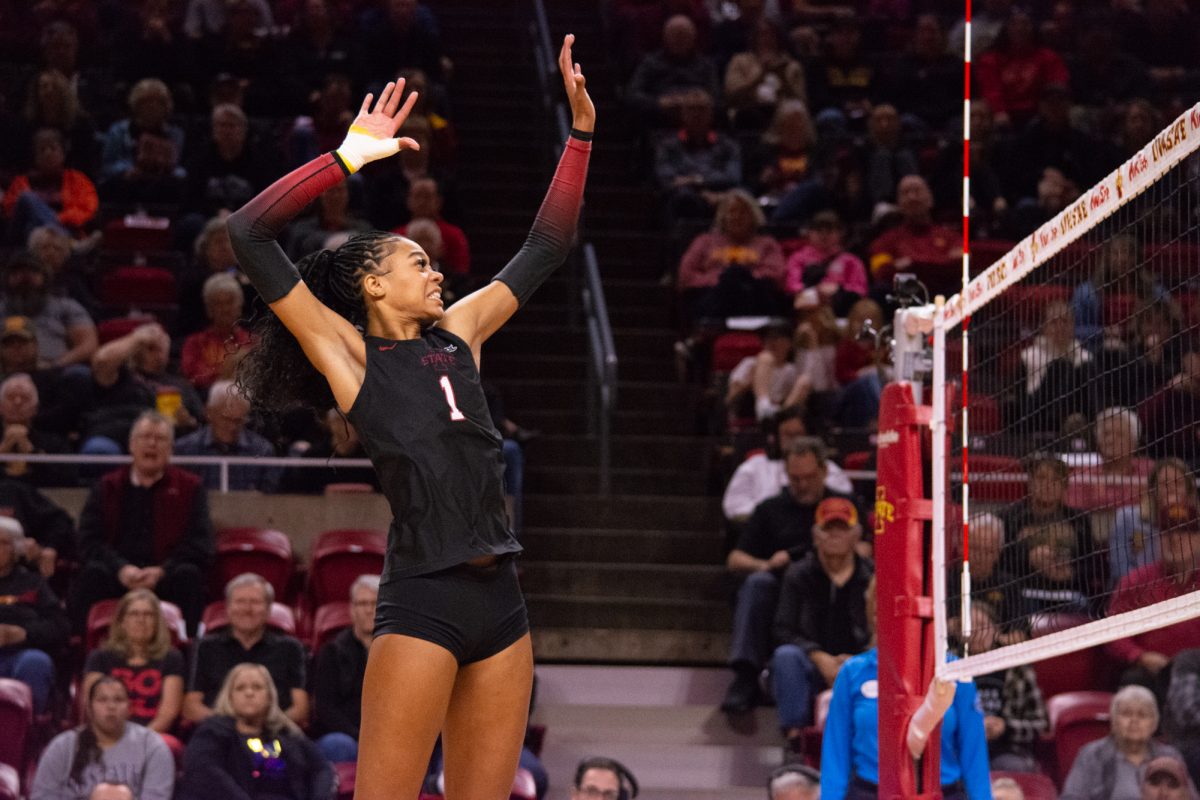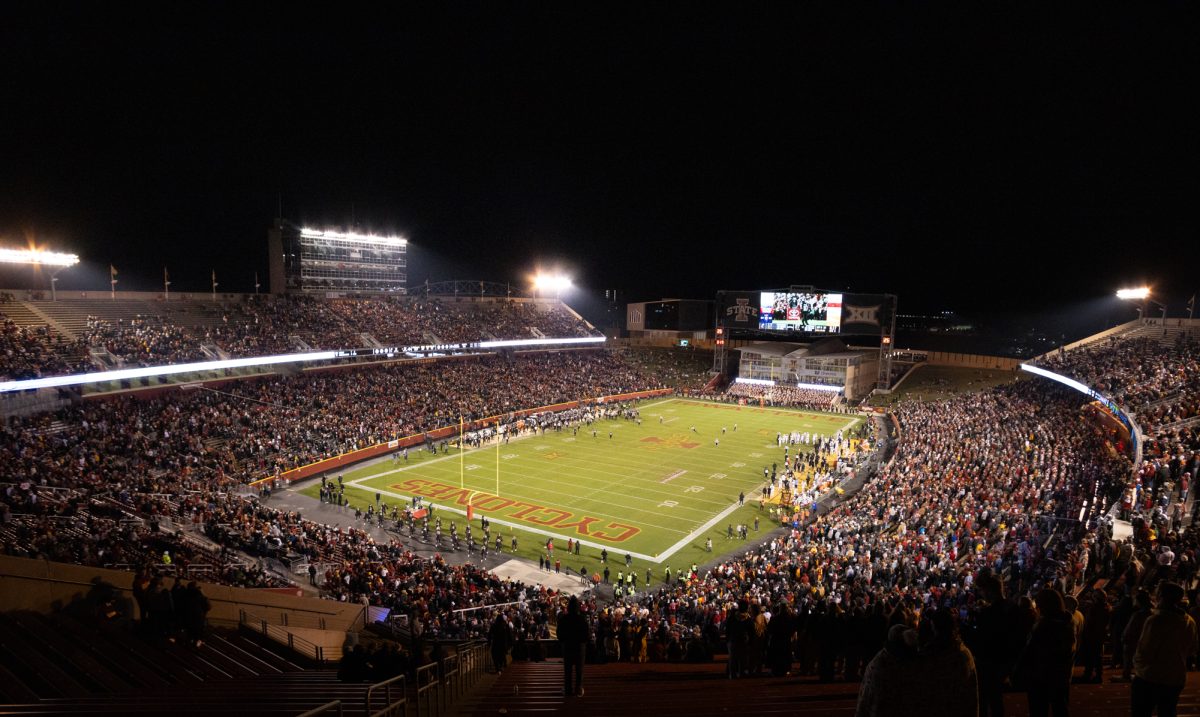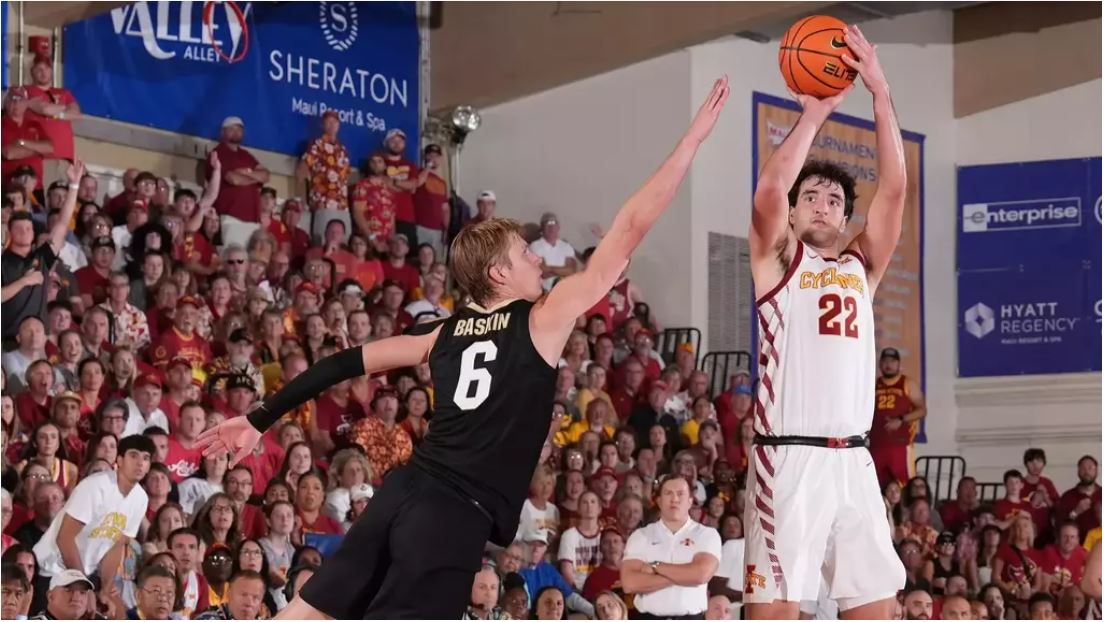COLUMN: Television news shortchanges politicians
January 13, 2004
Maybe this is an apology to George W. Bush. It certainly didn’t start out that way. But after a semester in Washington, D.C., a city full of dark-suited nicely-coiffed bureaucrats and the poor people they step over, my perspective has changed. I still cringe when I think of the poor planning before the Iraq war, the empty promises of the No Child Left Behind Act and a multitude of other political and moral gaffes. But for the first time, I realized that politicians are, well, people.
It’s easy to criticize those in power, whether you think Bush is a reincarnation of the anti-Christ or Howard Dean is a simpering milksop.
But it takes a lot of digging to find out what their actual policies are, how they’ve enacted them and what the true ramifications are. Take a look at the text of bills from both the House and Senate at thomas.loc.gov. It’s good reading, especially if you’re looking for a cure to insomnia.
Ideally, the news media should act as a go-between, translating the unbearably long appropriations bills into readable bits, explaining the impact of Saddam’s dictatorship on the mindset of the Iraqi people and debating what an economy on the upswing means to workers who are still out of jobs.
But when I turned on CNN last Friday, I got breaking news coverage of Howard Dean’s three year-old comment disparaging the Iowa caucuses. Debates. Roundtable discussions. Expert commentary.
Granted, it was a dumb thing to say, especially for a presidential candidate. But there’s more to Dean than snippy comments, just like there’s more to Bush than carting a fake turkey during a stealth mission to visit the American troops in Baghdad. But that’s all we ever seem to see.
If there’s no substance in the newscast, it’s pretty easy to assume that the president himself is just as lacking. The short attention span of television news is cheating both the American public and its elected officials.
It was with that same short attention span I used to view national politics. CNN was permanent background noise, my ears attuned to any “breaking” news. I envied the law and political science students who could cite court cases in their defense of policy, but I wasn’t about to crack an international law book to learn about the legality of free-market reforms by an occupying force.
The thing is, I shouldn’t have to. (Well, as a journalist, I suppose I should. But I’m still learning.) In the amount of time that CNN devoted to Dean’s comments about special interests, I could have learned about the current situation in Iraq, how it compares to former and current occupations across the world and what role Bush envisions for the United States in the next five years. With coverage like this, it’s easy to get lodged into dichotomous “I hate Bush” or “Bush is leading our country in the right direction” camps.
It was with elements of the former mentality that I went with a friend last fall to chat with a Republican House member about the United Nations.
After we spent five minutes extolling the virtues of U.N. peacekeeping, the representative looked at us and said, “Well, that sounds interesting. But a lot of my constituents want us out of the U.N. all together.”
Dumbfounded, I fumbled for words. This representative was at least marginally sympathetic to our cause, but his loyalty to his constituents (and probably his desire to get re-elected) obviously outweighed his personal interests, or even that of pressing international affairs. Given this representative’s record, I had expected nothing less than an utter condemnation of the United Nations. I had facts and figures on the tip of my tongue, ready to persuade, but I couldn’t fight against constituents.
People are complex; causes and effects hard to measure, but years of political news had prepared me for nothing less than a black and white world of “yes” or “no.” And it simply doesn’t work like that.
Add a couple of non-television news sources to your news intake. The New York Times, the Wall Street Journal, BBC News, and, if you can handle the folksiness of the Iowa caucus coverage, National Public Radio. They won’t explain the world to you, but you might get something more than a picture of a turkey.





